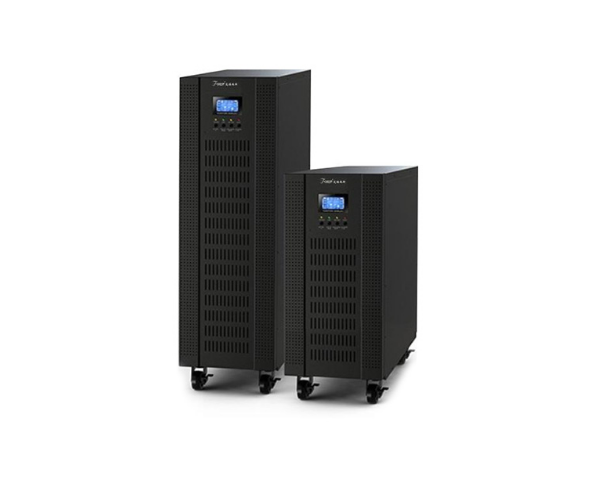language
In our increasingly digital world, electronics are at the core of our homes and businesses. From computers and modems to smart devices and entertainment systems, these devices rely on a steady power supply to function properly. Unfortunately, power outages, surges, and fluctuations are not uncommon—and they can cause serious damage. A backup UPS (Uninterruptible Power Supply) offers a practical and affordable solution to keep your electronics safe and operational during such events.
This article explains how a backup UPS works, the risks it helps prevent, and why it’s a smart investment for protecting your electronics.
What Is a Backup UPS?
A backup UPS is a power protection device that supplies emergency power to your electronics when the main power source fails. It includes an internal battery that instantly takes over when an outage or fluctuation occurs, preventing any disruption or damage to your equipment. UPS systems are widely used in homes, offices, data centers, medical facilities, and anywhere reliable power is essential.
For example, AF9300 series Online Transformerless UPS 3 phase input and 3 phase output has perfect detection and protection functions; small size, light weight, high working efficiency.

How a Backup UPS Protects Your Electronics
1. Provides Instant Power During Outages
When the main power goes out, a backup UPS seamlessly switches to battery power, providing uninterrupted electricity to connected devices. This ensures that critical electronics, such as computers, routers, or security systems, remain functional.
Even short interruptions can cause system crashes or data loss—problems a UPS can prevent entirely.
2. Guards Against Power Surges
Power surges—often caused by lightning strikes, grid switching, or faulty wiring—can destroy sensitive components in your electronics. Most UPS systems include surge protection features that block excessive voltage from reaching your devices.
3. Prevents Data Loss and Corruption
If you're working on a computer or running important applications during an outage, a sudden shutdown can lead to lost files, corrupted data, or even hardware damage. A UPS gives you enough time to save your work and shut down systems safely.
4. Protects Against Voltage Fluctuations
UPS units often regulate voltage, correcting over-voltage or under-voltage conditions without switching to battery power. This protects sensitive devices from “dirty power” that can reduce their lifespan or performance.

5. Supports Critical Network Devices
A backup UPS can keep your modem, router, and other networking devices online during an outage, ensuring internet continuity for remote work, communication, or cloud-based systems.
Devices That Benefit Most from a Backup UPS
Desktop Computers and Laptops
Wi-Fi Routers and Modems
Smart Home Hubs and Security Systems
Televisions and Entertainment Centers
External Hard Drives and NAS Storage
Medical or Monitoring Devices
How to Choose the Right Backup UPS
When selecting a UPS, consider the following:
Power Capacity (VA or Watt rating): Ensure it matches the total wattage of the devices you need to protect.
Battery Runtime: Choose a model that provides enough time to shut down systems properly.
Number of Outlets: Check that the UPS includes enough battery-backed outlets for your needs.
Type of UPS: Line-interactive and online UPS systems offer more advanced protection than basic standby models.
Monitoring Features: Many models offer displays or software to monitor battery status and load.
Power outages and surges are unpredictable, but their impact on your electronics doesn’t have to be. A backup UPS is a reliable shield against power-related disruptions, providing immediate protection and keeping your essential devices running.
Whether you're safeguarding home electronics or critical office equipment, investing in a UPS is a smart step toward protecting your data, hardware, and peace of mind.